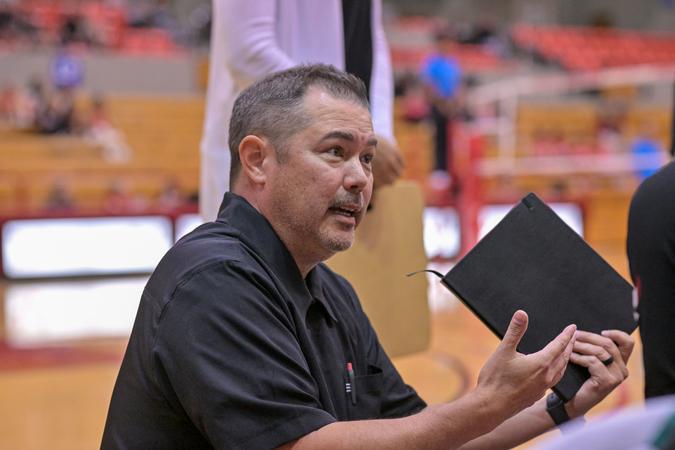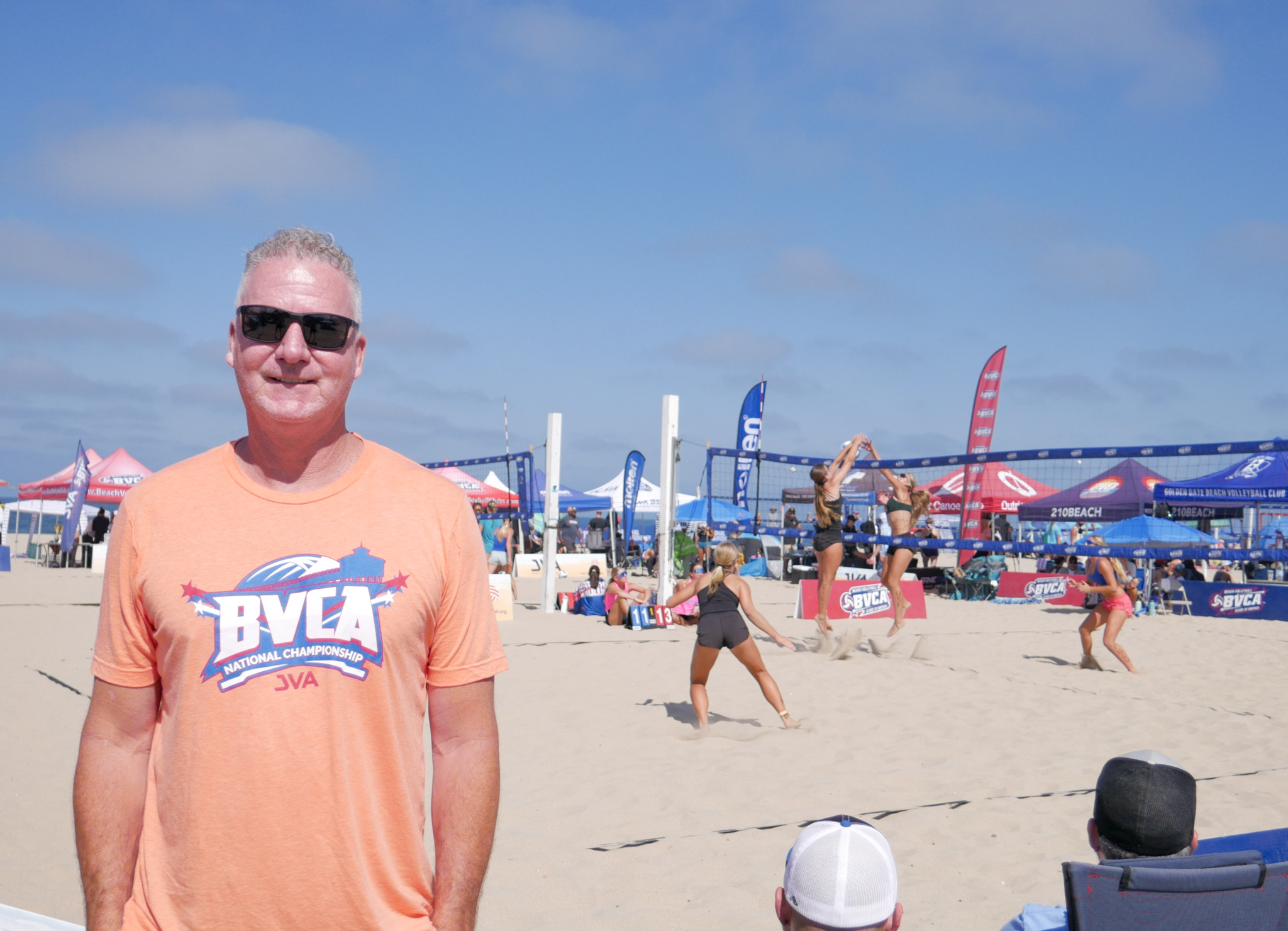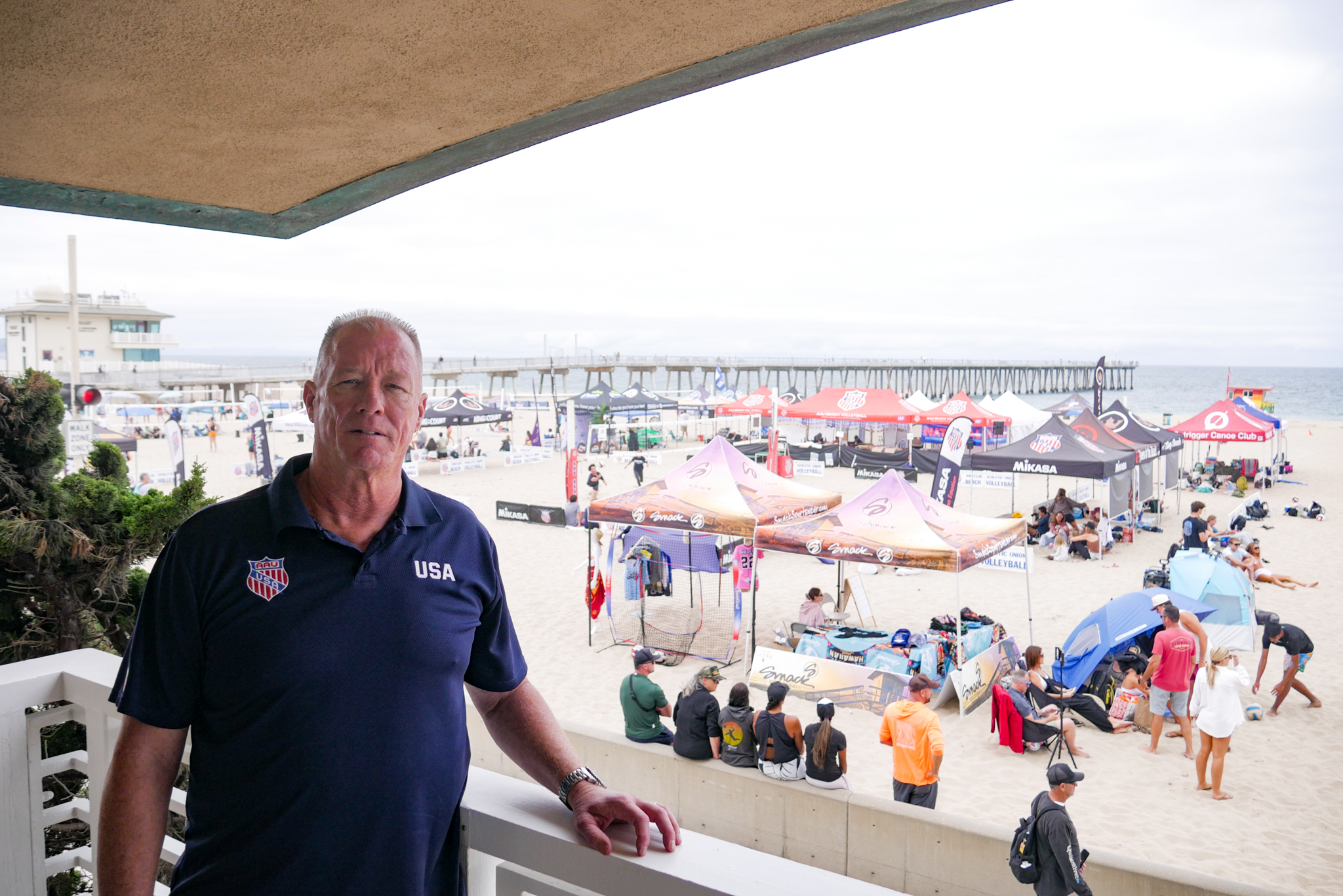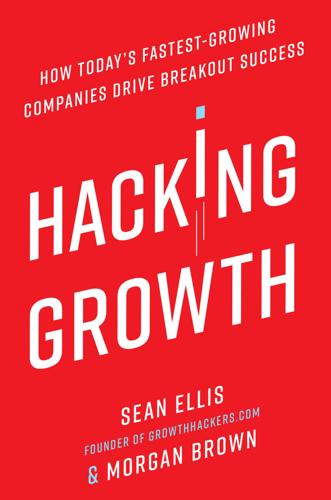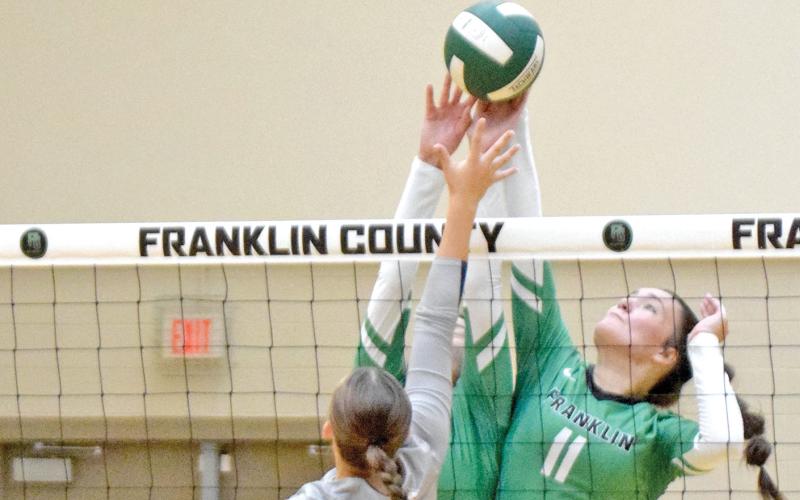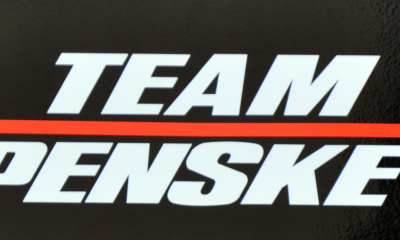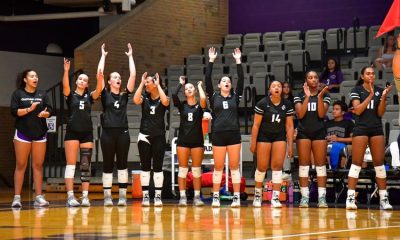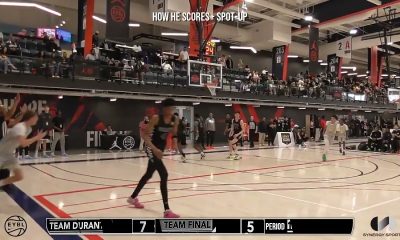Sue Bird and Megan Rapinoe have a packed schedule for the WNBA All-Star weekend in Indianapolis. “We’ll be taking over Indy, basically,” Rapinoe tells Vanity Fair.
The sports media power couple will be hosting a live event for their podcast, A Touch More, an after-party, and Bird will be hosting an additional live event for her new podcast, Bird’s Eye View. Building on the excitement and media attention surrounding women’s basketball, the pair are “creating that experience that people can tap into,” Rapinoe says. “We definitely want to continue widening our footprints at these events, to create cool spaces that, frankly, we never had before.”
The former athletes, who have been engaged since 2020, have recently become business partners in their burgeoning sports media empire, focusing on live events and experiences for a female sports-fan community that the couple argues has previously been overlooked. “There’s a variety of things that finally ripped the blinders off people to women’s sports, and now they’re seeing all of it when it was already there,” Bird says.
During the COVID pandemic, Bird and Rapinoe turned to social media for community, hosting Instagram Lives for followers. Then they hit pause and finished their professional playing careers—Bird in basketball and Rapinoe in soccer. Postretirement, the pair launched the live series and a podcast with the help of Vox Media. Since then, they have become fixtures on the media circuit at events like Cannes Lions, SXSW, and WNBA All-Star weekend, interviewing a wide range of guests including JuJu Watkins, Paige Bueckers, Aubrey Plaza, Gabby Thomas, and, most recently, Tara Davis-Woodhall and Hunter Woodhall. Rapinoe and Bird even hosted former second gentleman Doug Emhoff on the podcast while Kamala Harris campaigned for president.
I attended a live taping of their podcast in May, just hours after the New York Liberty were presented with their 2024 championship rings and won their home opener against the Las Vegas Aces. The fans coming decked in Liberty gear left the game and filtered into Shell’s Loft, a sun-soaked event space in Brooklyn.
As fans sipped on the signature cocktail a Home Opener Spritz, sports journalist Pablo Torre was checking out the scene, and in the back of the room, Jason Sudeikis was perched at a high top, in a Liberty sweatshirt and hat. Breanna Stewart, the guest for the episode, barely had a moment to get ready, rushing over immediately after playing for 27 minutes in the game, where she’d put up 25 points and eight rebounds.
The expansion of their podcast and live-events business also happens to coincide with a recent surge of interest in the female sports space. By the time Caitlin Clark broke through in the media, Bird and Rapinoe already had an infrastructure in place to feed the desire for regular content and analysis. The pair, who are both Olympic gold medalists and female sports legends in their own right, argue that the fandom and community surrounding women’s sports has always been active, but was deeply suppressed in the media over misogynistic biases. Since the start of their professional careers, “the mechanism for information delivery changed dramatically,” Rapinoe says, with social media allowing for far more access than a news cycle dictated by a daily ESPN highlight reel.
Rapinoe and Bird feel a responsibility to bring expertise and nuance to the female sports media ecosystem, which at the moment feels a bit “land grabby,” Bird says, as new media entrants and investors catch up to a market opportunity that was one vastly overlooked.
“Over my dead body am I going to be one of the chorus of us who’ve been here a long time, who have helped build this, who is going to not own what is happening in the future,” Rapinoe tells VF.
Vanity Fair: When did you both start thinking seriously about the media space after your playing careers?
Megan Rapinoe: Everybody has a podcast these days, but you don’t want to just get on there, talk about yourself, and not really contribute. So I think we were like, being in sports so long, what’s missing for women’s sports, and where do we see an opportunity? Ultimately, we’re building a foundation for women’s sports, both for fans who have been here and need a place to go to listen to sports and to be plugged in, and for brands who are looking for places to invest their money in what is a billion-dollar exploding business. Almost being like the port of entry for other cultural figures who love sports but maybe haven’t been in women’s sports.
Sue Bird: I have always been interested in talking about women’s sports, even when I was playing. Gosh, rewind, probably 20 years ago, I first tried broadcasting and I realized it wasn’t necessarily the perfect fit. I enjoyed it. But I was like, I wish I could do it in a different way. So I always kind of had that swirling in my head. Then the way things played out, the way the landscape of women’s sports changed, the way that podcasts became what they are now—which is not just audio, there’s video aspects to it, and people are watching podcasts on TV, they’re coming to the live shows…for me, personally, I knew I wanted to continue to talk about sports and now I found the way that fits me most.
There’s this huge ecosystem that women’s sports is entering but you need the voices of the people that really know it to balance the hot takes, to balance people who are maybe just covering it for the first time. I’m not saying no hot takes. You actually need those too, but then you need, like I said, the balance to those, the voices of the people that understand the nuance.
Rapinoe: I love a hot take. I’m the hot take and then Sue’s, like, that’s not actually what’s happening.
You’ve gone from Instagram Lives to multiple podcasts, to these live events and connecting with your listenership in person. Can you speak to the community that you’ve built?
Bird: Instagram Live was something that we were doing for fun in the pandemic, not just found enjoyment in, but found connection and found community. It did get put on the shelf a little bit as we were finishing our careers. So fast-forward to the actual podcast, what I’m learning in the building of businesses is you start with something. So we knew we had something in our Instagram Live. We were like, let’s see how this goes with a live show. We did a trial run at the Sloan conference in March 2024. And we were like, oh, this works. This hits. And so we started our journey from there. What I’m learning is you have an idea, you have, like, a North Star, and then you have to let it unfold naturally. You have to let it take on its own form organically.
Rapinoe: The community has actually been there the whole time. Sue played in the Final Four three decades ago and it was sold out. The ’99 World Cup was sold out. I look at part of the business of our podcast, and the sort of house that we’re building, as servicing what’s already there. They just don’t have anything to buy, listen to, tap into, subscribe to. There’s just so little inventory out there for them. You loved us as players. We have that community, we have that relationship, we have that trust. They’re trusting us to give them something, and we’re trusting them to show up and to support that. There’s just so little out there, but the community already exists. You’re seeing it. Every dollar invested in women’s sports, like, the return is just tenfold, because people want the jersey, they want to go to the game, they want more from the players. They want content.
Much has been made about the increasing media attention that women’s sports is getting right now. In the place that the two of you sit, being former athletes, prior to this surge, what has it been like to witness that shift from the other side?
Rapinoe: Gosh.
Bird: D, all of the above. Whatever you’re thinking, all of it.
Where I always land is just an incredible sense of pride that women’s sports has taken off in this way. It’s really exciting to watch. We’re proper fans, we go to the games, we pay attention, we’re tuned in. We’re part of the blueprint that got it here. So to actually see it come to fruition is amazing. It could have easily not happened in our lifetime. At the same time, there’s been some frustrations around the coverage of the sport and just some of the narratives that have formed that are just false or just a little off or a little wrong. As I’m saying, all of the above, but I think, more than anything, it’s really just exciting.
Rapinoe: It is so exciting. I think the jealousy I feel is like, I would have loved to play in this era. I’m just imagining myself in this era—like, oh my gosh, I probably would have been a menace, but it would have been so much fun. The players benefit the most, and they are the stars and all that. But it’s providing so much more opportunity for people like us, for other women that have podcasts.
If you zoom out, this is everything that we’ve been asking for decades. The Billie Jean Kings and the Williams sisters of the world. This is everything that we’ve been asking for for so long, and it’s finally happening. Women’s sports are seizing the moment. We’ve never dropped one ball when the moment has come. We’ve always seized the moment. We’ve always outperformed. And now, the real money is coming in, the real investment, and it’s like being on a rocket ship.
You mentioned some unfavorable narratives that have taken hold during this time. How are you looking at the media coverage and whether it’s being doled out equally among players? Do you see your platform as a way to amplify a range of stories?
Rapinoe: I think the mainstream media is uneducated in the deep nuance of women’s sports. I don’t mean that as a dig but they just have a lack of education because they haven’t been following it to the degree necessary to then have an opinion, or a really nuanced take. So I think it’s taking some time to catch up. The obvious one is the physicality of the WNBA. The WNBA is physical, if we want to call it differently, okay, but these are the rules. This is the way that the refs are being asked to call the game. So yes, it’s going to be physical. The whole league is physical. But in order to have that conversation, you have to have a long history and understanding of the game and the way it’s called. It’s taking some time to catch up.
There’s a lot of players and a lot of people who have been in and around women’s sports for a really long time, who now have the opportunity for it to be financially viable for them to make their living talking about sports. Not just overlapping with male commentators, frankly, who spend 90% of their time talking about men’s sports, who are now just being like, I’ll just talk about these sports too. But they’re two vastly different ecosystems.
The WNBA All-Star Game is coming up. I’m curious to hear what your plans are for A Touch More, specifically live events. What could that weekend mean in terms of spotlighting women led media platforms and athletes?
Rapinoe: We’ll be very busy.
Bird: We’ll be there.
Rapinoe: She’ll be very busy. She has another podcast, obviously, Bird’s Eye View. You’re doing a live for that. We’re doing a live A Touch More. We’re hosting a little after-party. Creating that experience that people can tap into. We definitely want to continue widening our footprints at these events, to create cool spaces that, frankly, we never had before. We’ll be taking over Indy, basically.
I was at your event in Brooklyn and Jason Sudeikis was there. I’ve seen his support as a particular boon for the league and everyone was taking pictures with him. How has the support from male celebrities looked for you internally?
Bird: If I’m being honest, that is not new. First of all, let me give credit, Jason is a very passionate New York Liberty fan. He goes to the games when he’s in LA as well, because he’s kind of bicoastal. Jason is definitely ride or die. But honestly, for me personally, men have been a fan of women’s basketball, have been a fan of myself for forever. Who stops me on the street more than anybody else?
Rapinoe: It’s the wildest, in-the-wild thing I’ve ever seen. Crossing the street or walking in any city in the whole country and it’s like, “Hi Sue!” Adorable.
Bird: So it’s really not that surprising. I think that’s what’s so interesting about this time. There are certainly some things about what’s happening in the world of women’s sports that are new, don’t get me wrong. But then there’s some things that are getting highlighted and it’s like, you just weren’t looking at it before.
I guess the question then becomes, why did it take so long to have these conversations?
Bird: How much time do you have?
Rapinoe: Um…I think it’s sexism. Broadly.
Bird: It’s the isms. The ways in which it’s just been held back. It has always been this way. I was in college, it was my junior year, I hit a game-winning shot. The year is 2000 and there’s no social media. You’re only going to see this so many ways, but it was on the ESPN top 10. Immediately the next day, and then following week, I was getting all kinds of calls from celebrities to the basketball office. I wouldn’t drop names, I don’t want to be that person, but it was, like, NBA players were calling to congratulate me, like, “Oh, let’s exchange information.” Actors were calling. Like, “I’m a big fan.”
It’s always been there. That’s how suppressed and held back this sport, and women’s sports in general, has been. The same goes for soccer. Tons of people have been going to your games for years and years and years. There’s a variety of things that finally ripped the blinders off people to women’s sports, and now they’re seeing all of it when it was already there.
Rapinoe: I also think the mechanism for information delivery changed dramatically. So, prior, if you weren’t watching ESPN and it didn’t make the top 10, or the producer didn’t choose to talk about women’s sports, women’s sports weren’t talked about. Your Final Fours were sold out, the community’s been there. But from a broad cultural perspective, it wasn’t spoken about. It was suppressed, it was held back. Women’s sports social media just really blew the top off of who was getting access to what was actually happening. Before Caitlin Clark, before some of these bigger things—those moments were already happening.
Bird: Some of the moments are the fight for equal pay, combined with Sedona Prince’s TikTok showing the discrepancies during the bubble NCAA tournament season, our WNBA bubble season, Kobe Bryant wearing a WNBA hoodie…there’s a whole paper trail of all these moments that eventually got to a tipping point. And yes, Caitlin Clark, Angel Reese, Paige Bueckers—this new generation for basketball plays a huge role.
Do you feel a sense of responsibility to shape this wave of attention so that it leads to long-term change?
Bird: I think we do. We can do it our way on the podcast—again, circling back on everything we’ve already said—by speaking on it in a nuanced way, bringing in history, bringing in expertise…
We’ve gotten past the phase—which is great—of, Is this real? Does this have staying power? We’ve actually gotten past that. It’s pretty real, we’re legit now, it’s here to stay. But now there’s this land-grabby feel to it. I really encourage people not to do that and to actually be strategic with whatever decision you’re making around women’s sports. Wherever you want to put your money, whatever player, team, league, whatever it is that you want to be connected to, be strategic. Don’t just throw money at it because you’re trying to get in. I think that’s going to play a huge role in taking it to the next level.
Rapinoe: Over my dead body am I going to be one of the chorus of us who’ve been here a long time, who have helped build this, who is going to not own what is happening in the future. We have this opportunity to be one of many crafting what is going to be an unbelievable time in American sports culture, just in general, but in women’s sports culture specifically. I think women are going to own the next decades-long phase of American sports culture.




